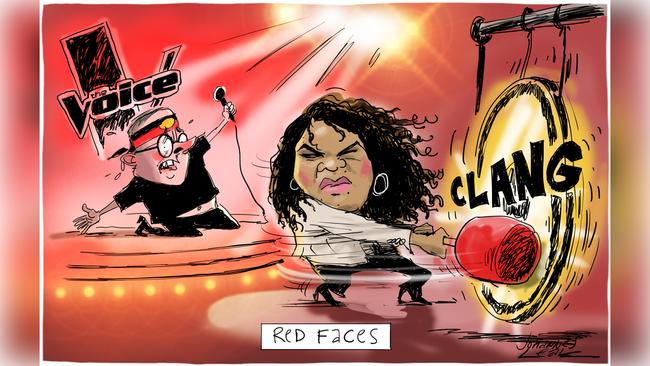
In fact, his observations in this newspaper on Monday confirm the validity of those fears once and for all. The central argument used to assure us that the voice will not become an instrument for leverage through litigation is that the voice will simply not be justiciable. This means the courts will regard disputes concerning the voice as ones to be resolved politically between the voice and the parliament, not by courts.
Non-justiciability is also critical to the argument that the voice does not threaten parliamentary supremacy in any way.
As Shireen Morris claimed on these pages, “a First Nations voice always was intended to be non-justiciable. Non-justiciable constitutional clauses respect parliamentary supremacy. It means courts don’t get involved.”

Morris believes “prudent constitutional drafting can ensure this”, although she acknowledged the current proposed draft of a constitutional amendment needed work to ensure that outcome.
It is an important development that a former High Court judge has exploded the non-justiciability myth. He says the starting point is “two simple and unchallengeable ideas about litigation”. These are “first, it is a necessary and inevitable consequence of our having a federal Constitution that the High Court has the ultimate responsibility for the maintenance of the boundaries within which governmental power might be exercised. Second, anyone can start litigation, including constitutional litigation, so long as their claim is not frivolous or vexatious.”
So, Hayne’s argument is not that there will not be litigation about the voice. His argument is that although there might be litigation, perhaps lots of it, voters need not worry because we can trust the courts to come up with the right result. He says he thinks it unlikely “there will be a case where the (constitutional) boundary is crossed. But if it is, why should we fear the court doing its job of deciding cases according to law?”
To borrow a phrase from elsewhere, as a former High Court judge, he would say that, wouldn’t he? Hayne cannot presume to know the composition of a future High Court, whether it will choose to become involved in matters about the reach and application of the voice, or what it will decide.
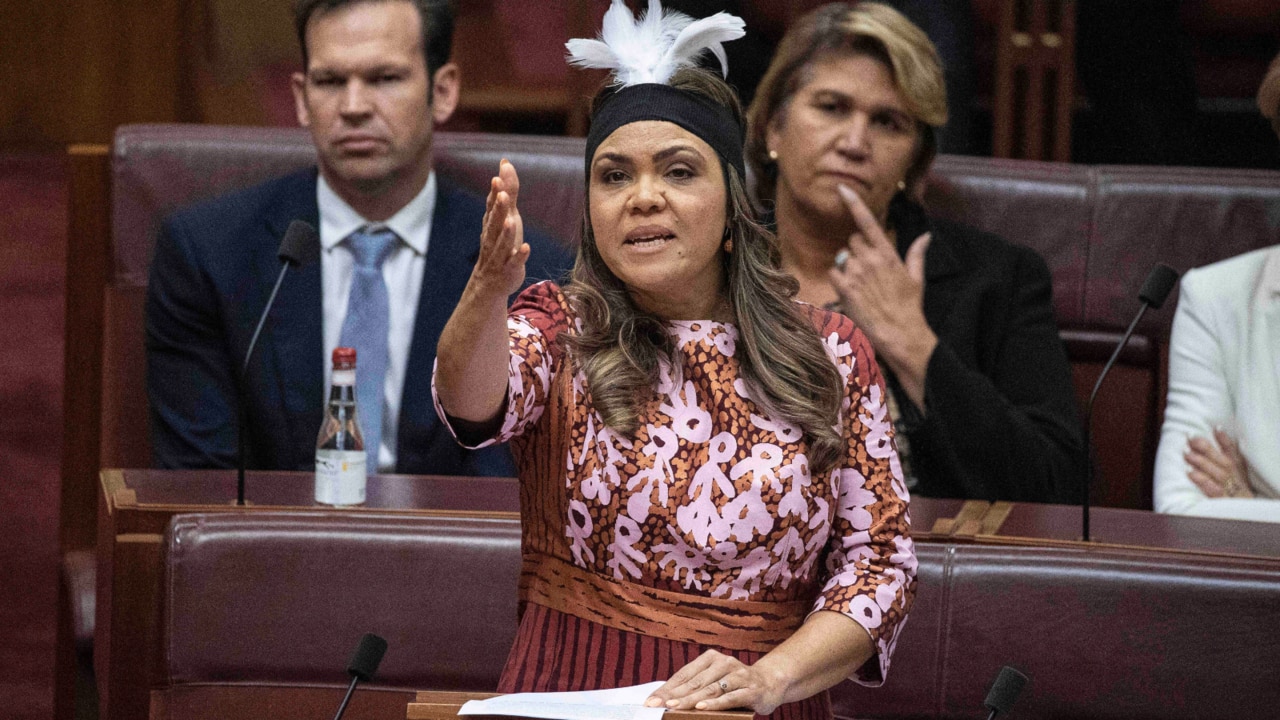
Before looking more closely at some of the reasons even laypersons could disagree with the former judge’s rationale for saying we should trust the judiciary to protect us from ransom by litigation, we should acknowledge that Hayne has done us a favour. He has agreed that the non-justiciability argument is nonsense.
Hayne has also demolished, hopefully permanently, the argument that the Albanese amendment preserves parliamentary supremacy and that parliament alone will determine the powers and processes of the voice. Hayne makes clear that the High Court will be the ultimate decision-maker as to the voice’s powers. Parliament is a mere bystander.
Hayne then turns to the reasons voters can be confident the High Court will ensure the voice doesn’t threaten the ordinary workings of parliament and the executive. An obvious area for litigation is the precise meaning of the phrase “matters relating to First Peoples”, which limits the matters on which the voice can make representations. Hayne acknowledges the “ambit of the phrase … is broad”.
He thinks it might be hard to find someone with standing to sue over the scope of the phrase. With respect, it would be extremely surprising if the High Court did not accord standing to a range of people including, for example, the presiding officer or any member of the voice.
Even Hayne doesn’t seem too confident about the lack of standing argument, so he then asks: “Why would a court conclude that the voice would want to make representations about matters that did not relate to First Peoples?” Leaving aside Hayne’s touching faith that the voice, or its supporters, would not want to make contestable claims about the ambit of its powers, this misses the key point. The main difficulty with the scope of the phrase “matters relating to First Peoples” concerns matters that most certainly relate to First Peoples but that also relate to non-Indigenous persons. There might be matters that relate in a minor or peripheral way to First Peoples but relate in a much more significant way to Australians generally.
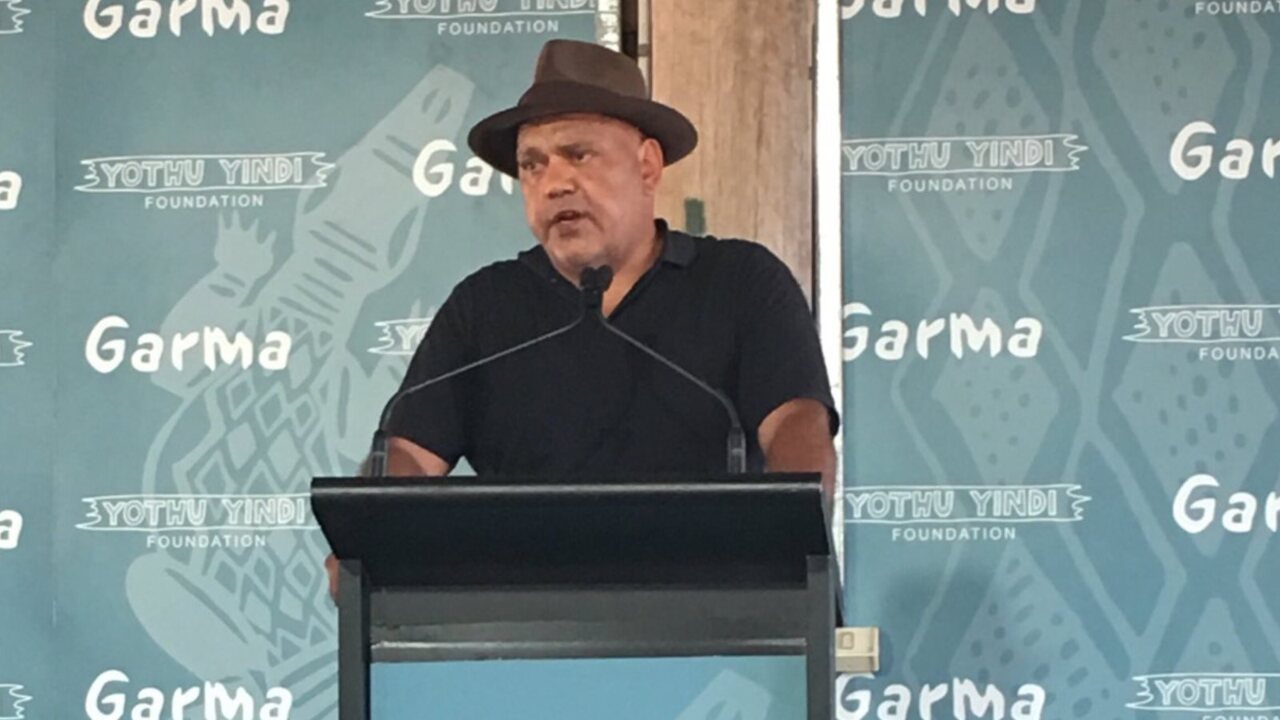
Take the annual budget bills, or general welfare laws, or consumer credit legislation, or employment law. Does the voice have the right to be consulted on these matters in advance of these bills being submitted to parliament? If so, one could easily see this delaying the normal workings of parliament considerably, even if there is no litigation. If there is litigation, it could seriously delay bills, including urgent bills, being laid before parliament.
A critical point here is that even unsuccessful, perhaps even unmeritorious, litigation can and will gum up the workings of parliament and the executive. Even Hayne should agree that litigation-induced delay is a formidable piece of ransomware.
Hayne finishes by rejecting the argument that if representations are not sought from the voice on a piece of legislation on which representations should have been sought, the High Court could declare the legislation invalid. He does so on the basis the proposed amendment says nothing about the existing powers of the parliament or the executive.
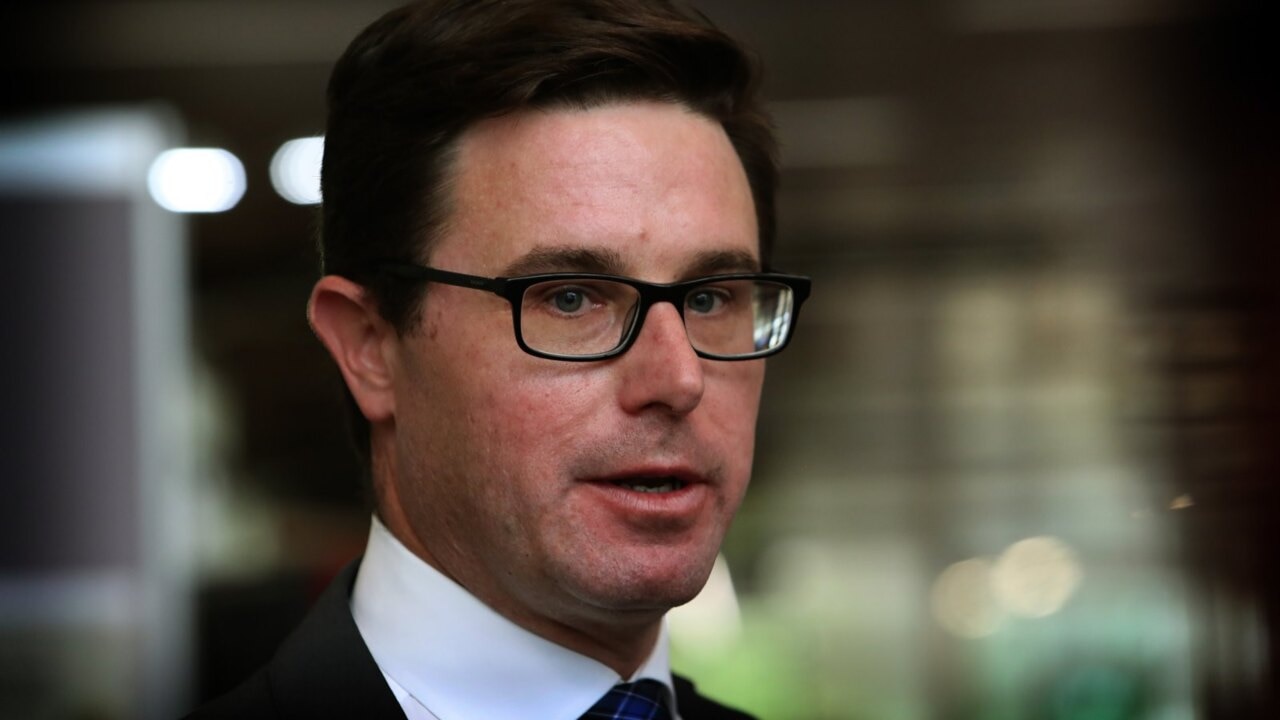
He says, in effect, that if the parliament or executive had power to do something before the Albanese amendment, they continue to have the power afterwards and failure to consult the voice where required has no effect on the validity of the exercise of the power.
If this argument is correct, the Albanese amendment is a dead letter from the moment it is added to the Constitution. It means parliament and the executive can ignore the voice with impunity. It is hard to believe the High Court will agree a successful referendum worked no real change to the Constitution.
Hayne’s intervention is helpful in other respects. The former judge has confirmed the potential for judicial review of executive decisions that do not sufficiently or appropriately consider representations from the voice. That is a large and lively platform for judicial intervention. And anyone affected by such an executive decision would have standing to challenge.
While the former High Court judge concludes that he does not see “future litigation derailing operation of the voice”, what has become clearer following his intervention is that future litigation may indeed derail the workings of parliament, and more likely executive government.


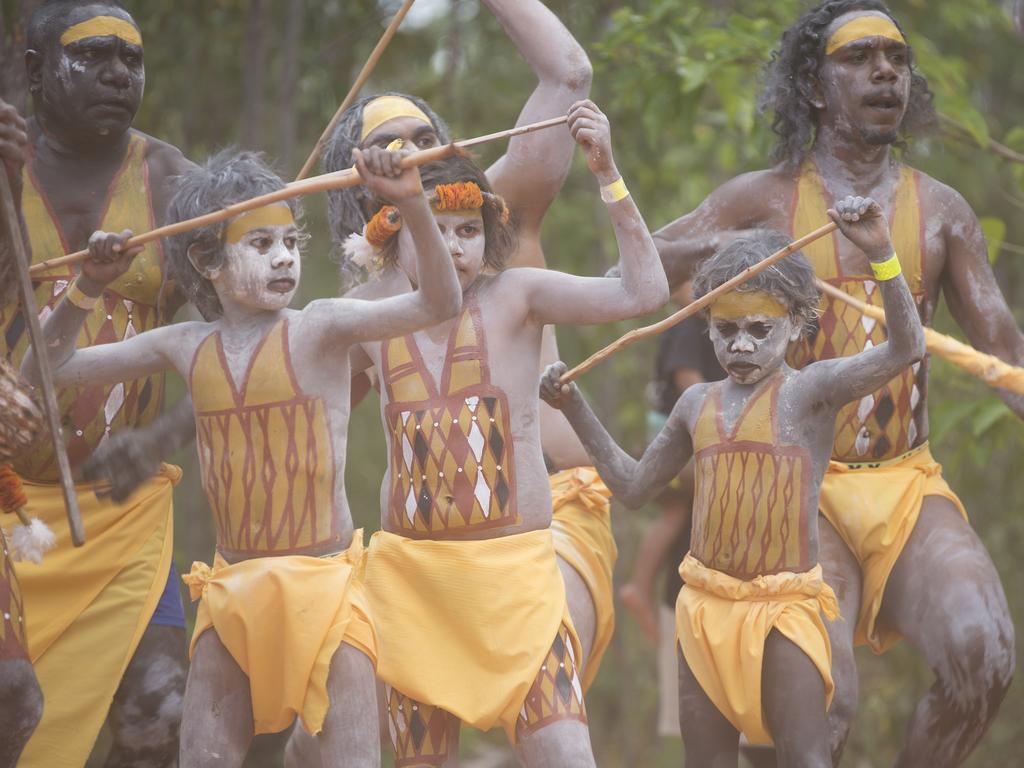
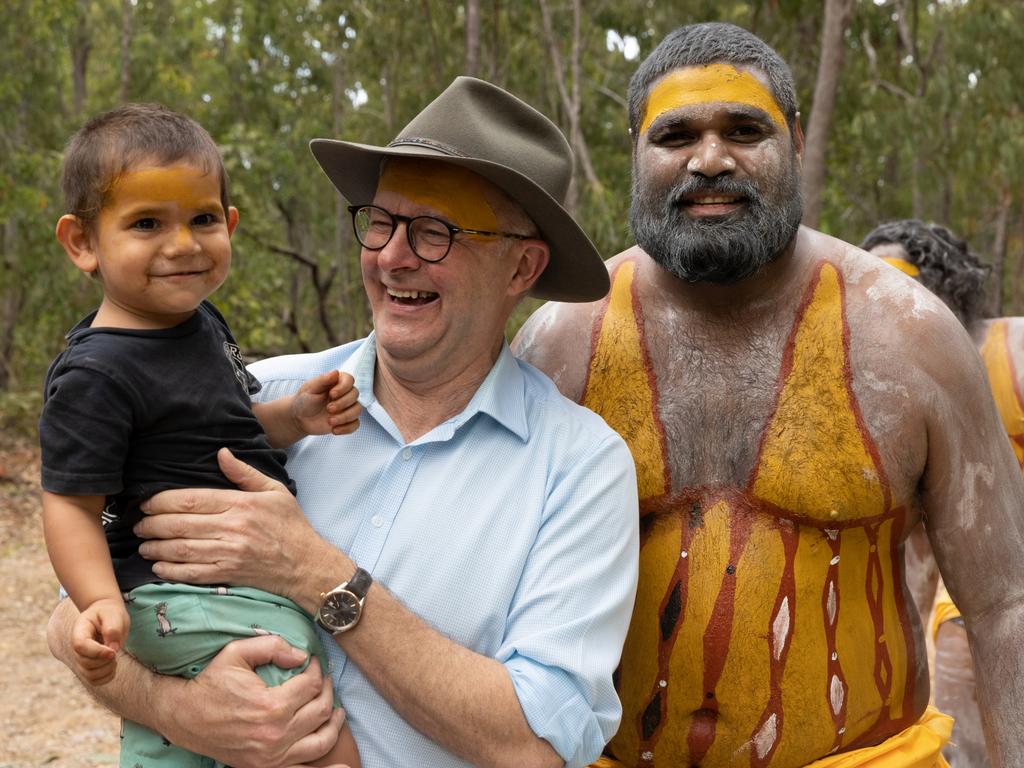
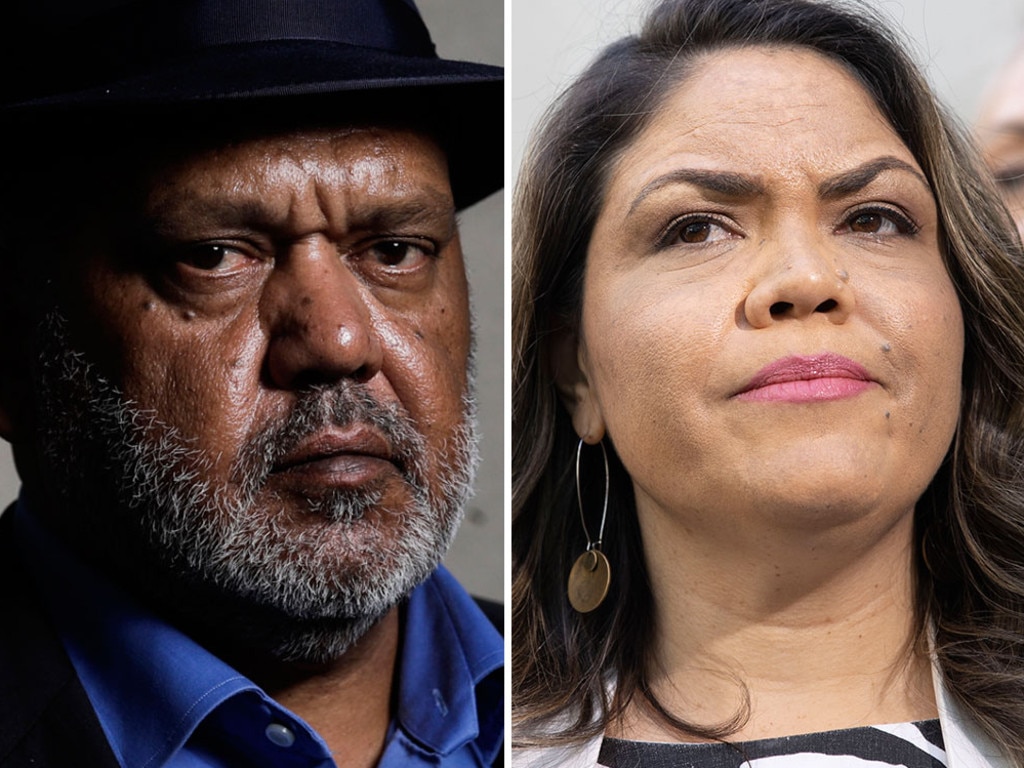


Former High Court justice Kenneth Hayne recently attempted to put to bed fears that a constitutionally entrenched Indigenous voice would become a lawyers’ picnic that would “derail the ordinary workings of parliament and the executive”.